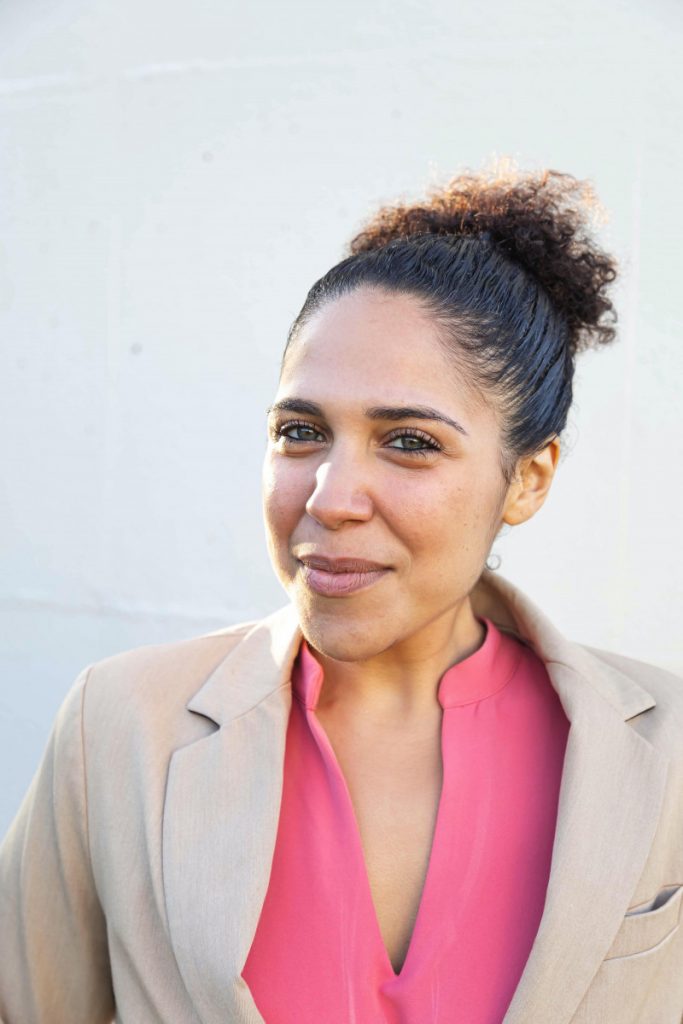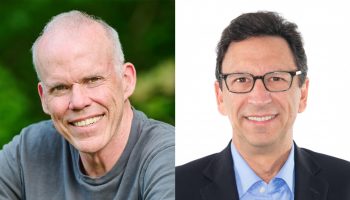Sarah Russo
Staff writer
As Week One continues to discuss the theme of friendship, there’s one individual who has dedicated her entire career to the topic. Marisa G. Franco is an author, professor and psychologist — and a known friendship expert. Her presentation will begin at 10:45 a.m. today in the Amphitheater.

Her New York Times bestseller, Platonic: How the Science of Attachment Can Help You Make — and Keep — Friends, explores friendship using data and simple, digestible analysis. Platonic has been described by The Wall Street Journal as “an ode to modern friendship,” and Kirkus Reviews called it “a remarkable examination of the epidemic of loneliness and sound advice for alleviating it.”
Platonic is a guidebook for friendship covering how to make, deepen and end friends in adulthood. This book will frame Franco’s lecture, as she shares her work on human connection and systemic loneliness.
“I was motivated to write Platonic to question, interrogate and level the hierarchy that we place on love,” Franco said. “I was reading a lot of books on friendship because I got so interested in the topic and realized that the book that I wanted to read didn’t exist. I wanted something that shared science and also just really saw friendship as sacred and thought very extensively about friendship beyond what our culture tells us. I guess at some point I was like, ‘Well, if it’s not there, I’ll be the one to write it.’ ”
Franco, an assistant clinical professor and collegiate fellow in the University of Maryland Honors College, has work featured in Psychology Today, Scientific American, Vice, The Chicago Tribune, and The New York Times.
At the University of Maryland, Franco teaches a class on why people are lonely.
Her studies on friendship in particular started as a personal interest.
“I had gone through some breakups in my young 20s and felt really bad about it,” Franco said. “So I decided to see if my friends wanted to start a wellness group, and I thought that would really help me heal from this breakup.”
After meeting with friends each week for yoga, meditation and cooking, Franco had a “life-changing” realization on the power of the relationship of friends.
“It was really healing. But it wasn’t the meditation and the yoga or the walk as much as it was just being in community with people I loved every week,” she said. “It made me question, I think, some of the ideas I had about friendship before that made me take the breakup so hard, which was just that romantic love is the only form of love that counts.”
Friendship in adulthood can become secondary in terms of relationship importance, but Franco has suggestions on how to make new friends and gain stronger connections.
“When it comes to how to make friends, I think there’s a lot of stale advice. It’s like, ‘join a club, pursue your hobby’ and kind of basic,” Franco said. “I look for the advice that people haven’t heard that feels more revelatory, more groundbreaking, more science-backed.”




